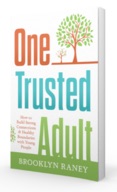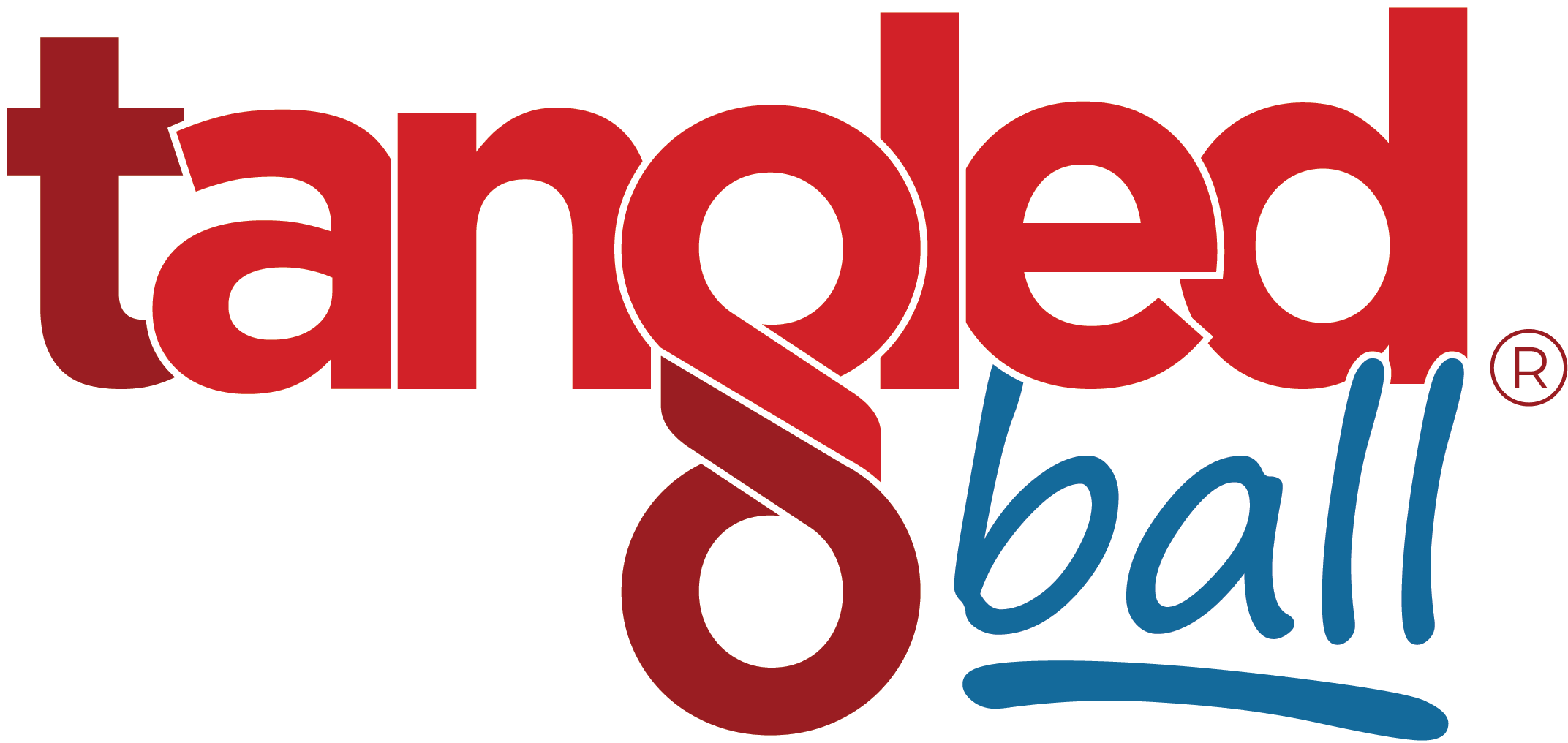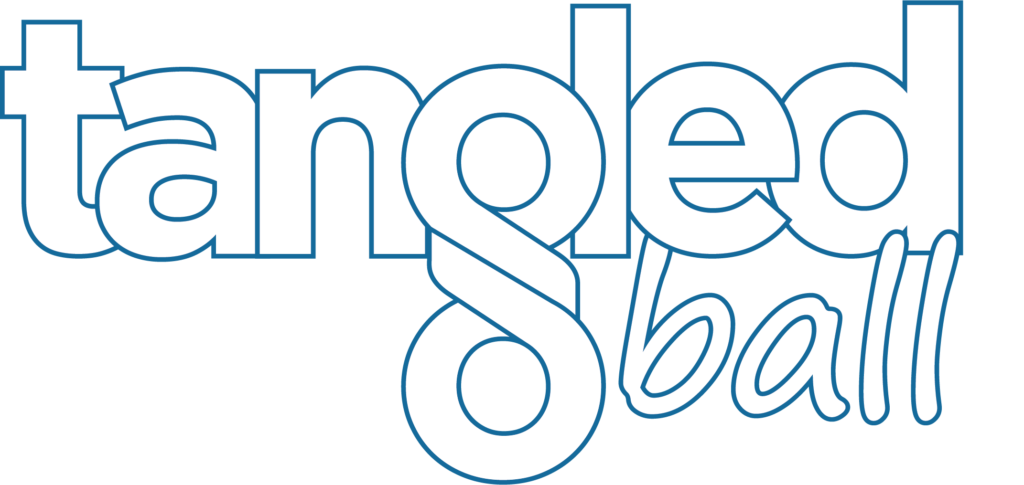 The top piece of advice that bullying prevention experts give kids is tell a trusted adult. It’s the #1 tip. Great advice but only if we, the adults, know what that entails. Most of us, I believe, are well meaning. Being worthy of the title trusted, I believe, is a whole different thing. It takes skill.
The top piece of advice that bullying prevention experts give kids is tell a trusted adult. It’s the #1 tip. Great advice but only if we, the adults, know what that entails. Most of us, I believe, are well meaning. Being worthy of the title trusted, I believe, is a whole different thing. It takes skill.
Since this is my favorite subject of all time, imagine my excitement when my daughter reached out to me and shared an interview featuring Garry Ridge, Chairman and CEO of WD-40 Company (and my daughter’s boss) with Brooklyn Raney, speaker, author and co-founder of One Trusted Adult.
What? There’s an organization founded on the mission that every child on this planet has a trained, committed and motivated trusted adult in their life? Had. To. Know. More.
Brooklyn’s journey began as an educator and coach who interacted with children/teens every day. What she began to notice in the classroom and on the field is a difference between the students who had at least one adult who made them feel fully supported and those who didn’t have that safe person. Although she experienced it, Brooklyn began to study it, write about it and then create tangible ways to fill the gap for young people who didn’t benefit from critical, every day support.
Research shows that just one trusted adult can have a profound effect on a child’s life, influencing that young person toward positive growth, greater engagement in school and community activities, better overall health, and prevention of risky and threatening behaviors.
Of course, I had to speak with this person whose focus and passion in life is so directly aligned with mine. Here’s a few things Brooklyn and I discussed:
Why is being a trusted adult so important?
For so many reasons ensuring every young person has at least one trusted adult is so important! To start, it is a preventative and protective factor against many of our fears for young people – suicide, substance abuse, mental health issues, bullying and violence, etc. Being able to name a trusted adult is also a key factor that shows up in the grit and resilience young people are able to demonstrate when facing obstacles. It is also a major component in the shaping of identity. Who we “serve and return” with as a young person, sends us strong messages about what gets celebrated, how success is defined, and what it means to be a good friend, neighbor, citizen.
When a young person is surrounded by committed and motivated trusted adults they are more likely to set goals, be able to regulate emotion (untangle that ball!), be present and invested in academics and extracurriculars, and experience a strong sense of self-worth. All of these benefits if we go upstream, and instead of reacting to the concerning or risky behavior, invest in the heart of prevention – relationships!
What is the top reason you chose to devote your time and talents to training adults on being trusted?
When we interview students at school we have found that a large majority cannot name a trusted adult. And of the ones that can, they name the same 4 or 5 adults in the building – typically they name the counselors and the charismatic. There is either a relationship gap here or a language gap – I have devoted my time to filling that gap because I strongly believe it makes a positive difference, and showing up as a trusted adult for a young person is one attainable way that every adult can play a role in prevention efforts.
As the new school year starts, what would you like every adult to know?
I would like all adults to know that what young people need most is happy and healthy adults, and that one of our greatest tools for building relationships and parenting/educating/mentoring well is being present and playful. As adults we tend to focus on what’s next – the timing, the address, the supplies – we are always preparing for the next experience of the young person, instead of putting our phones away and being fully available and engaged in the moment. Try shifting your approach from doing “for” young people to doing “with” young people. This mindset shift will leave the young people in your care feeling known and noticed, and I promise it will be fun for you too!
One on One Connection Tool
Ripple Journal
To aid educators, youth-serving professionals, mentors, parents, and all other trusted adults in finding healthy screen-free ways to connect and make the most of the moments with youth, we designed something called Ripple Journals. The first in a 4-part LEAD series is out and available for 10-15 year olds. Schools and groups are using the journal for SEL lesson plans, as well as an advisory curriculum along with the Ripple Kit and Facilitator’s Guide; the Ripple Journal can also be used as a one-on-one connection tool. The journal teaches important wellness skills and provides opportunities for reflection and connection. Most importantly this journal is all about doing “with” not “for” – both adult and child should have their own journal!
(By the way, when I shared it with parents and teachers, they gave it a big thumbs up. The Ripple Journal can be ordered here.)
Thanks, Brooklyn, for the inspiration and the tangible tools.
A couple of questions for all of you: Will you ever get a parade for being that trusted adult in a child or teens life? Chances are, no. Will your life have purpose and when you put your head down at night, will you know that you made a difference? I certainly hope so. Do you know that you have a cheerleader and if it was up to me, you’d get that parade?
Although we may never meet in person, consider me a fan.





